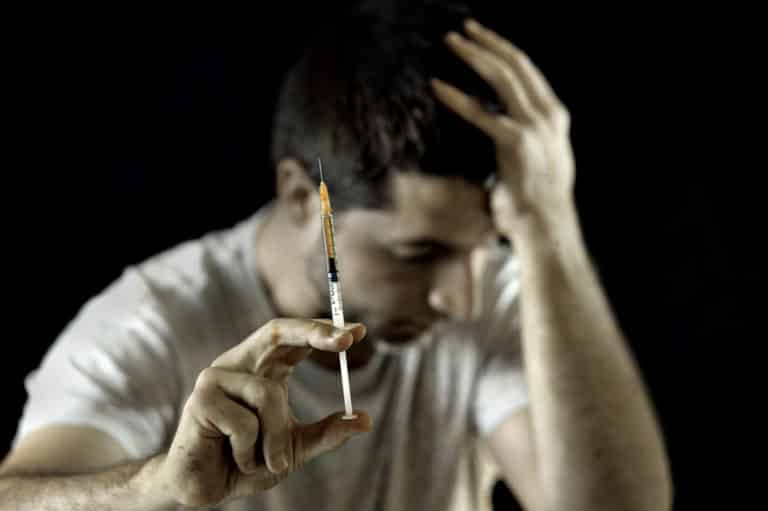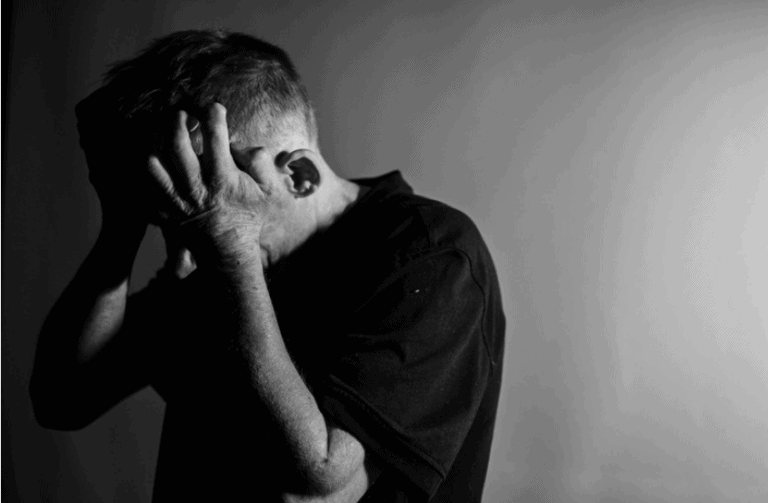All substances, whether illicit, prescribed, or legally available, have the potential for abuse and the development of addiction if they chemically alter the body. These substances can diminish the brain’s ability to self-regulate by interfering with normal brain function, ultimately leading to substance dependence.
Despite this common occurrence, some substances are more addictive than others. Correlation with addiction may stem from the drug’s potency or by the active prevention of experiencing withdrawal symptoms. Regardless of the mode of addiction, any chemically altering substance is dangerous when used for a prolonged period of time or in excess.
How Addictive is Heroin?
As a potent opioid, heroin is extremely addictive. In comparison to prescription opioids, heroin is much cheaper to purchase on the street, increasing addiction rates significantly and contributing to the ongoing opioid crisis. According to the Centre for Addiction and Mental Health, regular use of heroin can lead to addiction within two to three weeks.
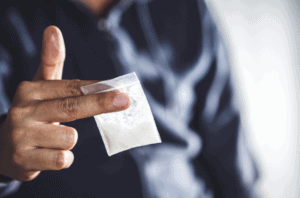
Dangers of Abuse
Heroin is 2-3 times more potent than morphine and is a main, contributing factor of the current opioid epidemic in the United States. The Centers for Disease Control and Prevention state that nearly 841,000 people have died in the past two decades from a drug overdose, with 70% of those fatalities involving an opioid. As a substance that is commonly injected or snorted, heroin rapidly enters the bloodstream, resulting in an intense euphoria.
Heroin is a central nervous system depressant. When ingested, the substance suppresses the respiratory system, resulting in dangerously low oxygen levels which negatively impact the body’s vital organs. As stated by the National Institute on Drug Abuse, opioids depress breathing by changing neurochemical activity in the brain stem, where automatic body functions such as breathing and heart rate are controlled. Due to the depressant qualities of heroin, a common cause of overdose fatality is breathing cessation.
An insidious contributor to overdose fatalities involving heroin is the inclusion of fentanyl. Oftentimes, those who illicitly manufacture heroin cut the drug with fentanyl, a synthetic opioid that is 50 times stronger than heroin. Being unaware of the presence of fentanyl, individuals can easily overdose as fentanyl increases the potency dramatically. According to a study conducted by the National Institute on Drug Abuse, the results showed that among the 42,249 opioid-related overdose deaths in 2016, 45.9% involved fentanyl.
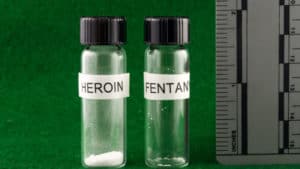
Signs of Abuse
Heroin abuse has a profound impact on an individual’s life and health. The following side effects are indicators that alcohol use has become an addiction.
- All time and energy is spent on securing more heroin
- Unsuccessfully trying to quit
- Collapsed or infected veins at the injection site
- Powerful cravings
- Neglecting responsibilities such as work, school, or family
- Loss of interest in hobbies
- Self-isolation
- Feeling severely ill when heroin isn’t available (withdrawal)
- Seeming under the influence (pinpoint pupils, lethargic, pale)
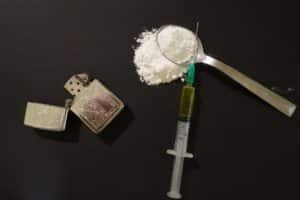
Asheville Recovery Center Can Help
Heroin is a highly addictive substance that has the potential to cause irreversible damage when abused. It is important to seek help immediately if you or a loved one is struggling with this addiction. At Asheville Recovery Center, treatment specialists have developed a unique, hybrid model of treatment which combines a traditional 12-step program with holistic rehabilitation. A multitude of services, programs, and therapies are offered, including the Partial Hospitalization Program, Residential-style treatment, outpatient rehabilitation, and more.
The founders of Asheville Recovery Center, as well as many of our addiction therapists, have struggled with addiction and now enjoy life in recovery. They understand the struggles of addiction and how difficult it is to overcome alone. If you feel that you or a loved one is struggling with substance abuse, our specialists are on standby and ready to help. Call (828)518-6996 and speak with an addiction expert today so you can take the first step towards a rewarding life of sobriety.




